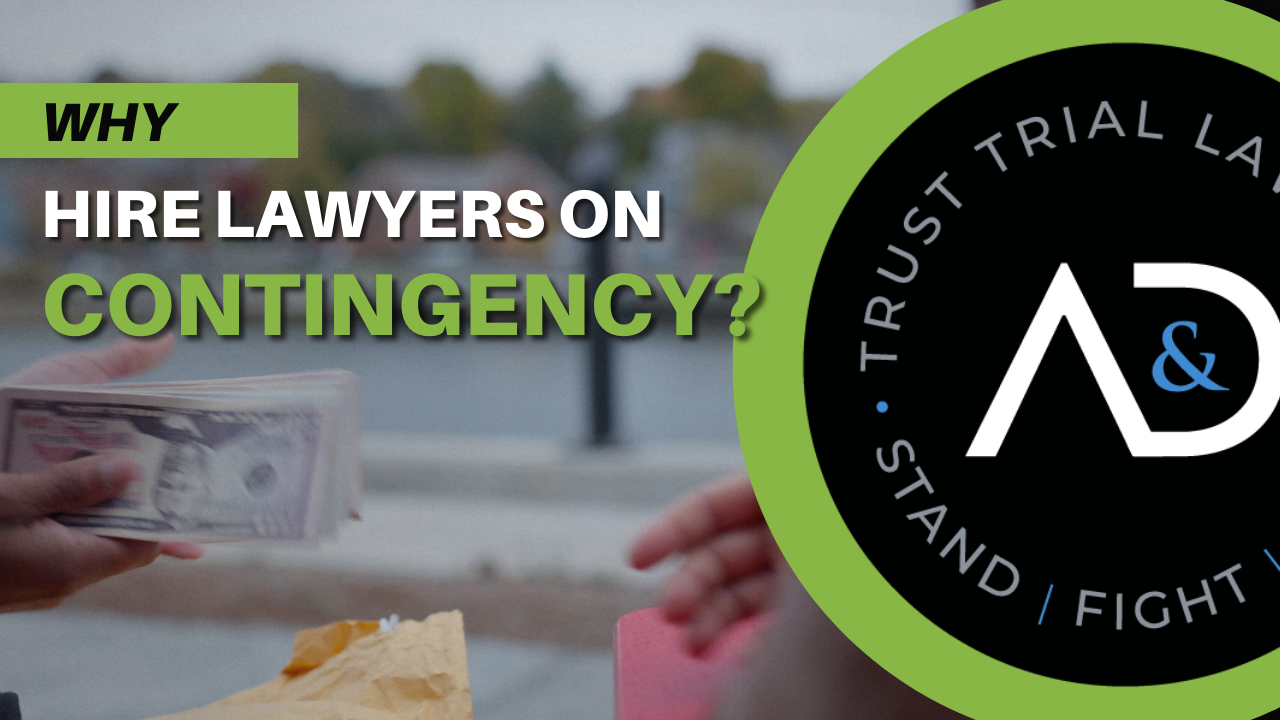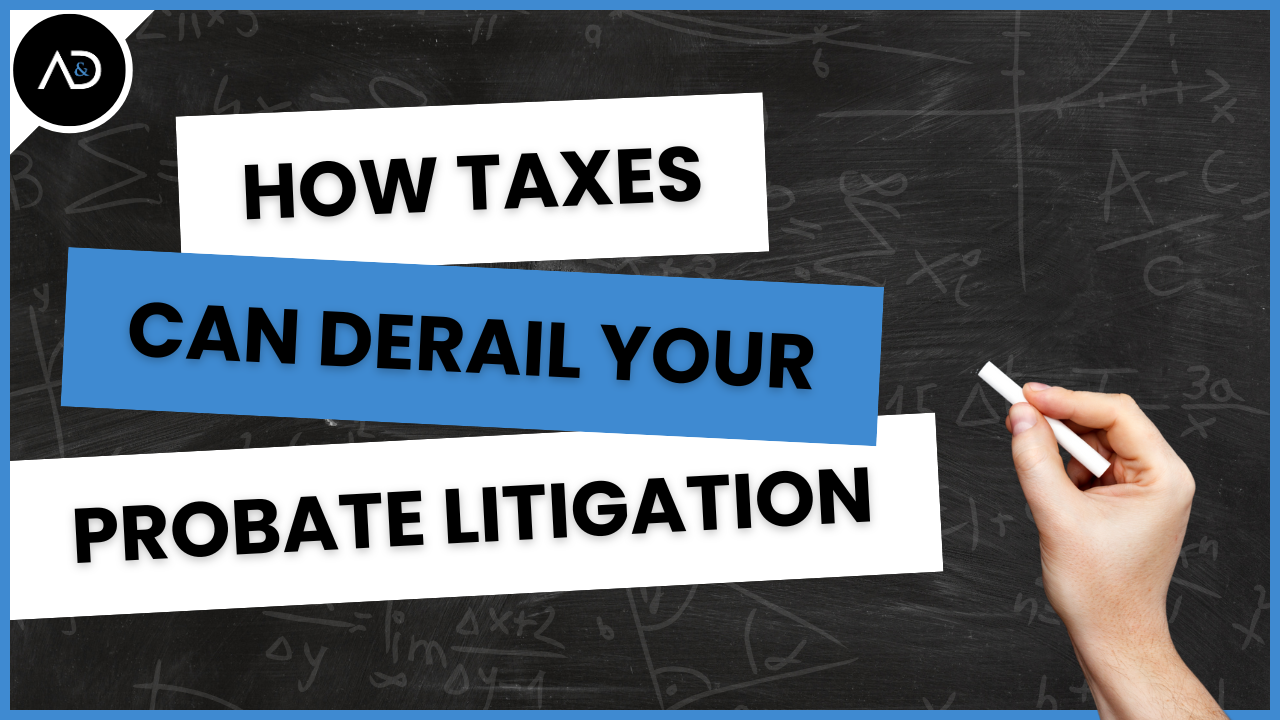
Hiring your lawyer on a contingency basis sounds like a great idea. Instead of forking over tens of thousands of dollars for a retainer and refreshing that retainer month after month after month, you simply sign on the dotted line and pay nothing. Well, nothing up front any way. Contingency arrangements allow you to hire […]









